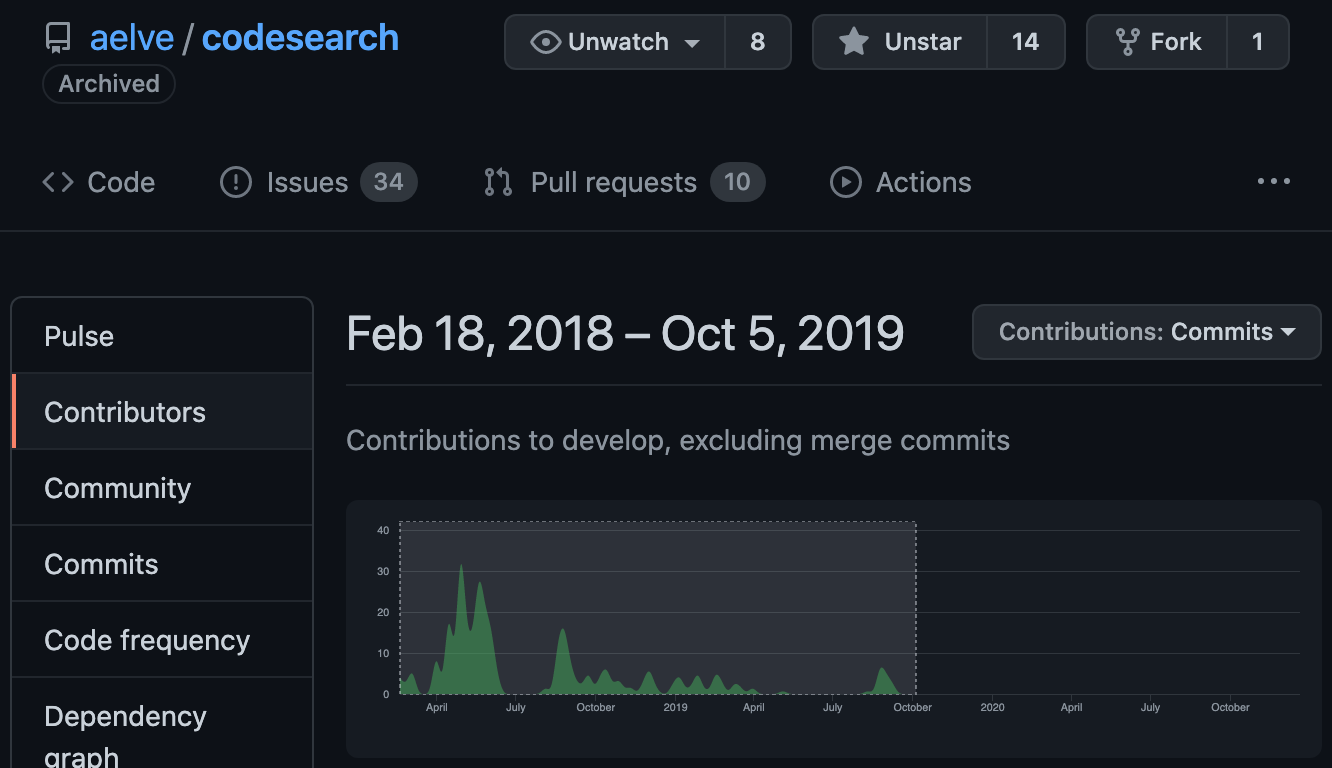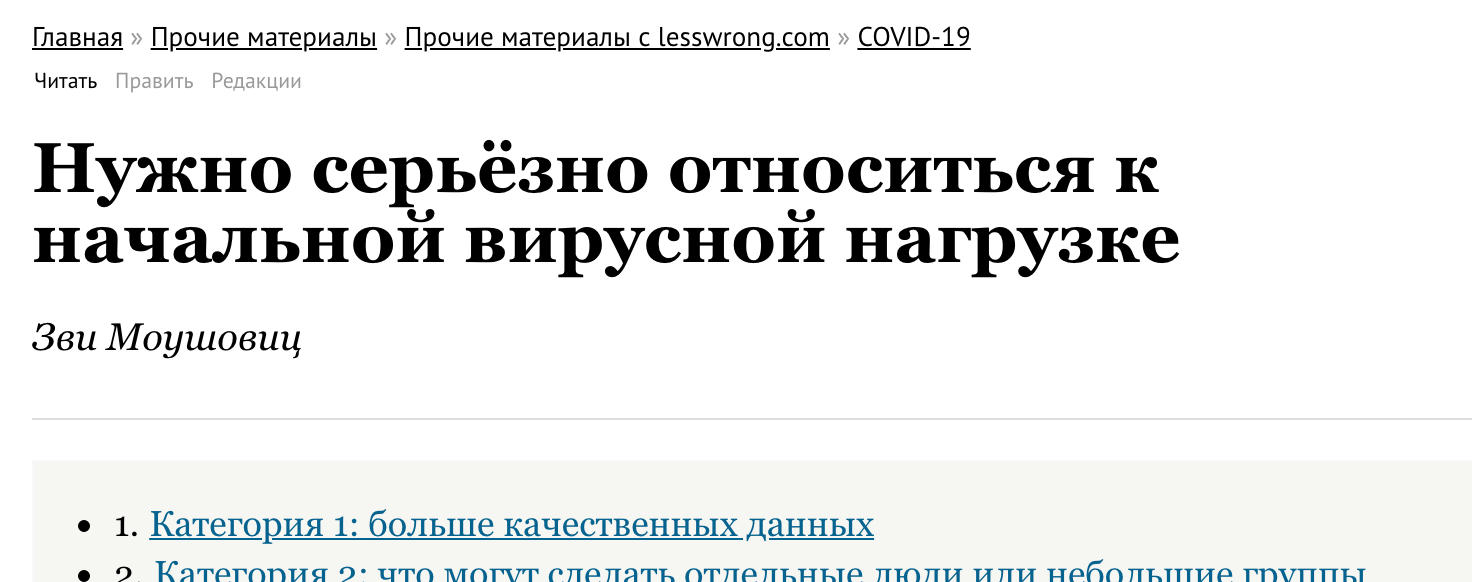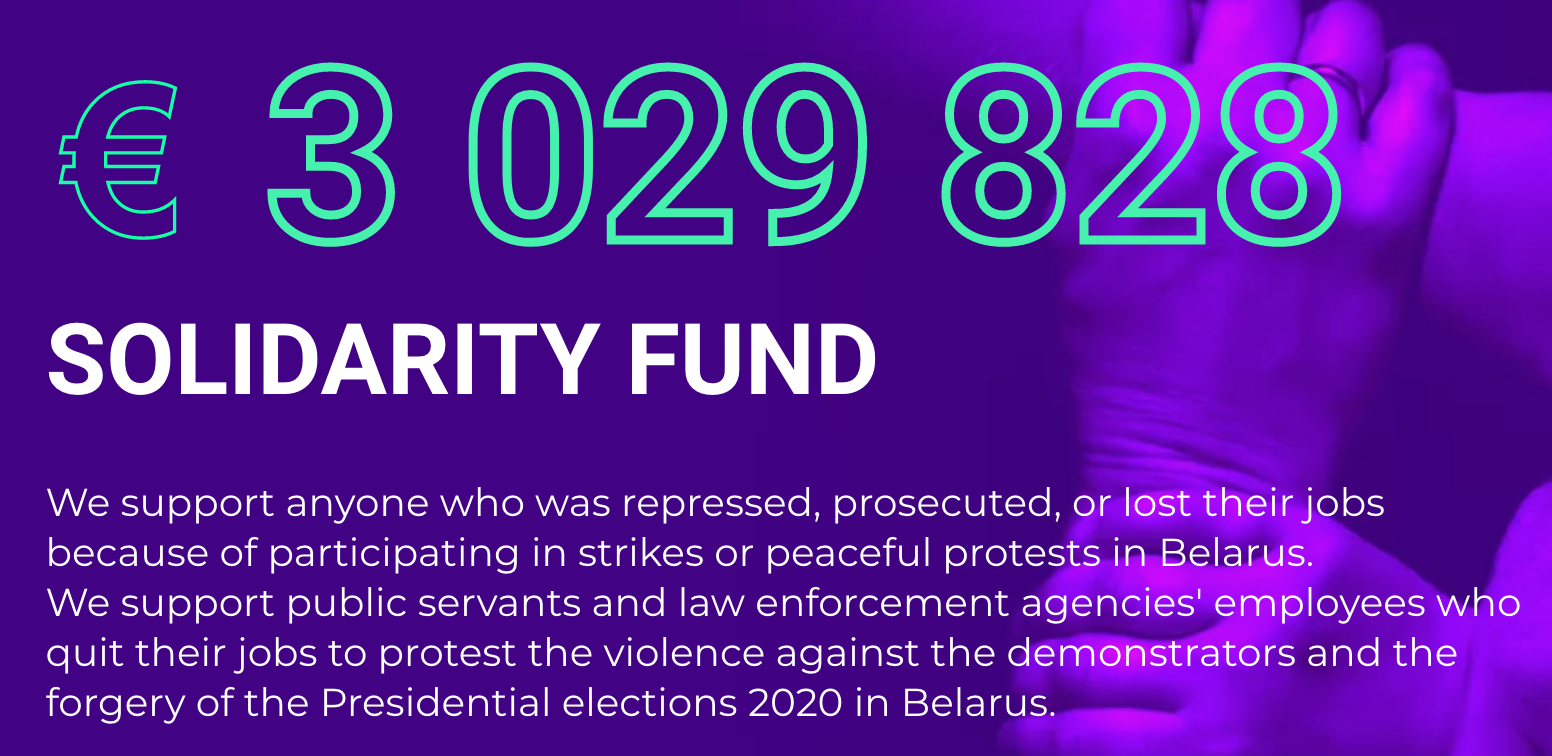A thread on "paying for things"
Here's what I think about paying for things.
@theorangealt has spent money on weird things like commissioning an album on sth he randomly liked and it blew my mind too
Unfortunately, the thing above didn't actually happen. The closest thing to it that happened, was:
- I saw a street band and tried to help them get donations (by going around and offering people candy if they donated any amount of money—unfortunately people didn't want candy, maybe because of Covid, maybe because I wasn't pushy enough).
- Then I started talking to the band members. They had a violin girl (I like violins) and they were doing covers of songs, and one of them mentioned they were also a "professional" band or smth. So I talked to them about commissioning some covers of songs I liked.
- They ignored my messages for a while. Then I caught them on the streets, started asking about how much it could cost, and the violin girl was like "yeah the price depends I dunno". I felt like if I had to start nudging to even keep the conversation going, it meant they weren't interested much, so I backed off.
I still love the idea but it will have to wait till the next street band.
A side-note: it's not even that expensive, I think. My piano teacher had a thing on her album's Kickstarter where she'd record a piano+vocal cover of any song you want if you donated €300 to the fundraiser. A studio recording with a drummer and a guitarist would be quite a bit more expensive, but still could work.

I did a bunch of other money-related things in life, like hiring a classmate to code up a non-commercial project—this got abandoned after I hired more people and spent $12k on it and realized the code was a huge mess and it wasn't going anywhere. See What I tried for more on my various non-commercial project. The one I'm talking about is Codesearch.

I also paid a friend to translate one of Zvi's Covid articles into Russian. (Original, translation.) I thought that if it got popular, it could save at least a couple of lives, and spending $100 to save even one life of a person from a community I care about was a pretty good deal.

I never give money to beggars, but always give money to street artists I like. I want more music stuff happening around me when I walk.
Maybe one day all cities will have soundtracks, dammit.
I also donated a monthly salary to a Belarusian fund, BYSOL, supporting people quitting law enforcement jobs—with a hope that it will bring about the end of the Belarusian regime slightly sooner.
I did not donate to a similar fund supporting protesters who were tortured, etc. I specifically wanted my money to give at least one policeman an option to quit their job. I thought it would work better than helping random protesters.

I hate ads, so I am purposefully paying for all things that companies set up as alternatives to ads. I mean, YouTube Premium, a Reddit subscription, etc.
I have uBlock Origin and it already blocks YouTube ads. But I still pay €15/mo for YouTube Premium to signal to Google that "hey, this thing can work, please keep going with it".
When I like a book and it's not on LibGen, I order a new physical copy to 1DollarScan, they cut it up and make a high-quality scan for me, and then I upload it on LibGen so that the rest of the world can read the book too.


I tip more in restaurants that are open late at night, because I don't want cities to be dead at night. So I want to signal to them "hey, this is appreciated".
Generally, I think when you look someone dead in the eye and say "I like what you're doing, please have money for that", that can change people's future trajectory much more than the actual money you gave them. Money is an amplifier of feedback. (My working hypothesis is that when there's no feedback and nothing to amplify, money becomes quite a bit less useful, though.)
Speaking more about things you can get with money—another working hypothesis I have so far is that you can buy yourself a very effective safety net in the future by investing into your friends and relatives. Helping them find jobs, or paying for vocational courses, or buying good tools that can push them a bit further towards turning a hobby into a job, or whatever. And then when they have good jobs, they can lend you money/support when you go broke. This is the best safety net because it withstands anything that can happen to you personally.